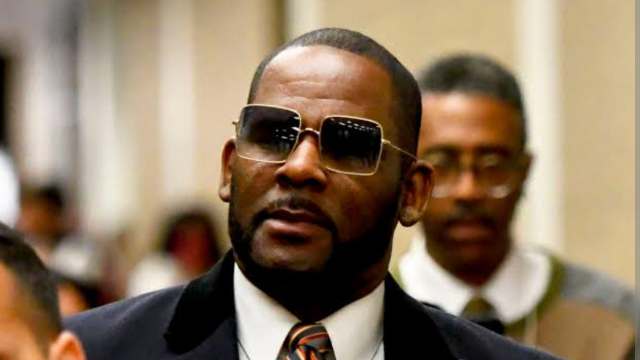R. Kelly, the disgraced R&B singer, was sentenced to 30 years in prison after being convicted of racketeering and sex trafficking crimes in September 2021. The sentence followed decades of allegations against Kelly, who was accused of using his celebrity status to exploit and abuse women and children.
The case highlighted Kelly’s manipulation of victims and his extensive network of enablers, including managers and security staff.
During the trial, victims gave powerful testimony, describing the severe psychological and physical toll Kelly’s actions had on them.

Survivors expressed how Kelly’s abuse broke their spirits and left them with lifelong trauma. One victim emotionally shared how she had wished for death because of the abuse she endured.
Federal prosecutors recommended a sentence of more than 25 years due to the severity of the crimes, while Kelly’s defense team argued for a sentence closer to the minimum, citing Kelly’s troubled upbringing and history of abuse.
Despite the defense’s appeal, the judge sentenced Kelly to 30 years, condemning his use of sex as a weapon and emphasizing the need to protect the public from further harm.
The sentence was a significant moment for many survivors who had spent years fighting for justice.
Some victims and supporters expressed their pride in the judicial system, feeling that this conviction was a long-awaited vindication for the women and girls who suffered at Kelly’s hands.
However, Kelly’s legal battles are far from over. He faces additional charges in Illinois and Minnesota, including child sex abuse images and obstruction, as well as charges in Chicago.

Kelly’s defense team has indicated plans to appeal the verdict, but for now, the sentence marks a major chapter in his downfall.
R. Kelly’s case serves as a stark reminder of the abuse of power and the ongoing need for accountability in cases of sexual abuse, especially when celebrities use their influence to exploit vulnerable individuals.





